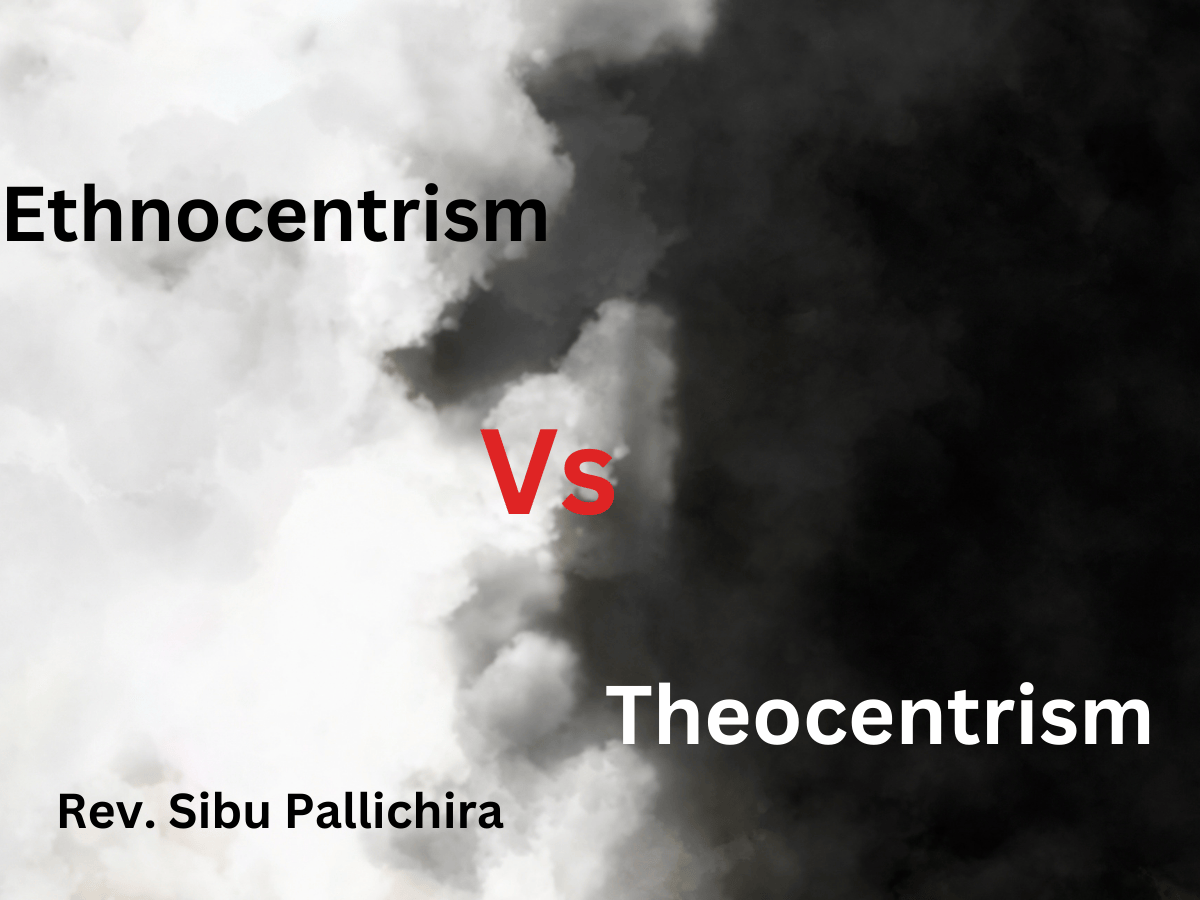
‘Jesus declared, “Believe me, woman, a time is coming when you will worship the Father neither on this mountain nor in Jerusalem. You Samaritans worship what you do not know; we worship what we do know, for salvation is from the Jews. Yet a time is coming and has now come when the true worshipers will worship the Father in spirit and truth, for they are the kind of worshipers the Father seeks. God is spirit, and his worshipers must worship in spirit and in truth”’ (Jn.4:21-24).
In the selected passage, the issue regarding the place of worship on the basis of ethnciity in the conversation between the Samaritan woman and Jesus deals with Jesus’ emphasis and portrayal of the true nature of worship. This narrative should be read against the context of the clashes and hostility that were prevailing between the Jews and the Samaritans.
The reason for this hostility goes back a long way. According to the Samaritan view, they are the direct descendants of a faithful nucleus of ancient Israel. For them, it is the people of Judaism who committed apostasy and went away from the original vision of the Pentateuch.
Even though Samaritans of that time viewed themselves as the heirs of Israel, the Jewish view of Samaritans as a mixed race in the northern kingdom under the rule of king of Assyria was not of less influence. This is clearly portrayed in the accounts of II Kings 17:24-41.
Ethnocentrism is defined as the feeling that one’s group has a mode of living, values, and patterns of adaptation that are superior to those of other groups. It is coupled with a generalized contempt for members of other groups that may manifest itself in attitudes of superiority or sometimes hostility. This is characterized by the exclusive claims of one over the other, violence, discrimination, proselytizing, and verbal aggressiveness between the communities.
‘”Sir,” the woman said, “I can see that you are a prophet. Our fathers worshiped on this mountain, but you Jews claim that the place where we must worship is in Jerusalem”’ (Jn.4:19-20). The woman’s recognition of Jesus as a prophet in verse 19 leads her to raise the most burning issue between Samaritans and Jews, namely the place where God should be worshipped. J. Bowman pointed out that earlier the Samaritans developed a creed with five points: belief in God, in Moses, in the Scriptures, in Mount Gerizim, and in the Day of Vengeance.
Apart from the fourth item these are basic beliefs shared with the Jews. The Samaritan tenth commandment includes a statement that Mount Gerizim is the place where God is to be worshiped. The command in Deut 12:1–14 to worship God in the place that he will show follows the command to pronounce a blessing from Mt. Gerizim and a curse from Mt. Ebal (Deut 11:29).
In the Samaritan Pentateuch of Deut 27:3 the place where an altar is to be built on arrival in the Promised Land is Gerizim. In the Persian period a temple was built on Gerizim; it was destroyed by John Hyrcanus in 128 b.c., but the Samaritans continued to worship on the sacred site. In Verse 21, it is very clear that Jesus champions neither Jerusalem nor Gerizim, for “the hour is coming”—the eschatological hour, initiating the new age of the kingdom of God—when worship of the Father will be tied to no place.
Jesus in the following conversation makes it very clear that it is the object of worship that matters not the ethnic religious centers (Vv 21-24). Jesus makes a very authoritative declaration on the nature and the spirit of worship and rules out all the possibilities of worship being centered to any particular place. Here, Jesus by making this authentic statement attacks the foundation of the Samaritan as well as Jewish religiosity and worship. In the NT, Jesus’ decentralization of religious centers both in Samaria and Jerusalem, and his proposal of a different sort of worship, connotes the fact that worship is not confined to religious centers. Rather, it is a spiritual activity to relate with God. What we need is not an inclusive ethnocentrism but an exclusive theocentrism.
Author: Rev. Sibu Pallichira is an ordained minister of Marthoma Church.


